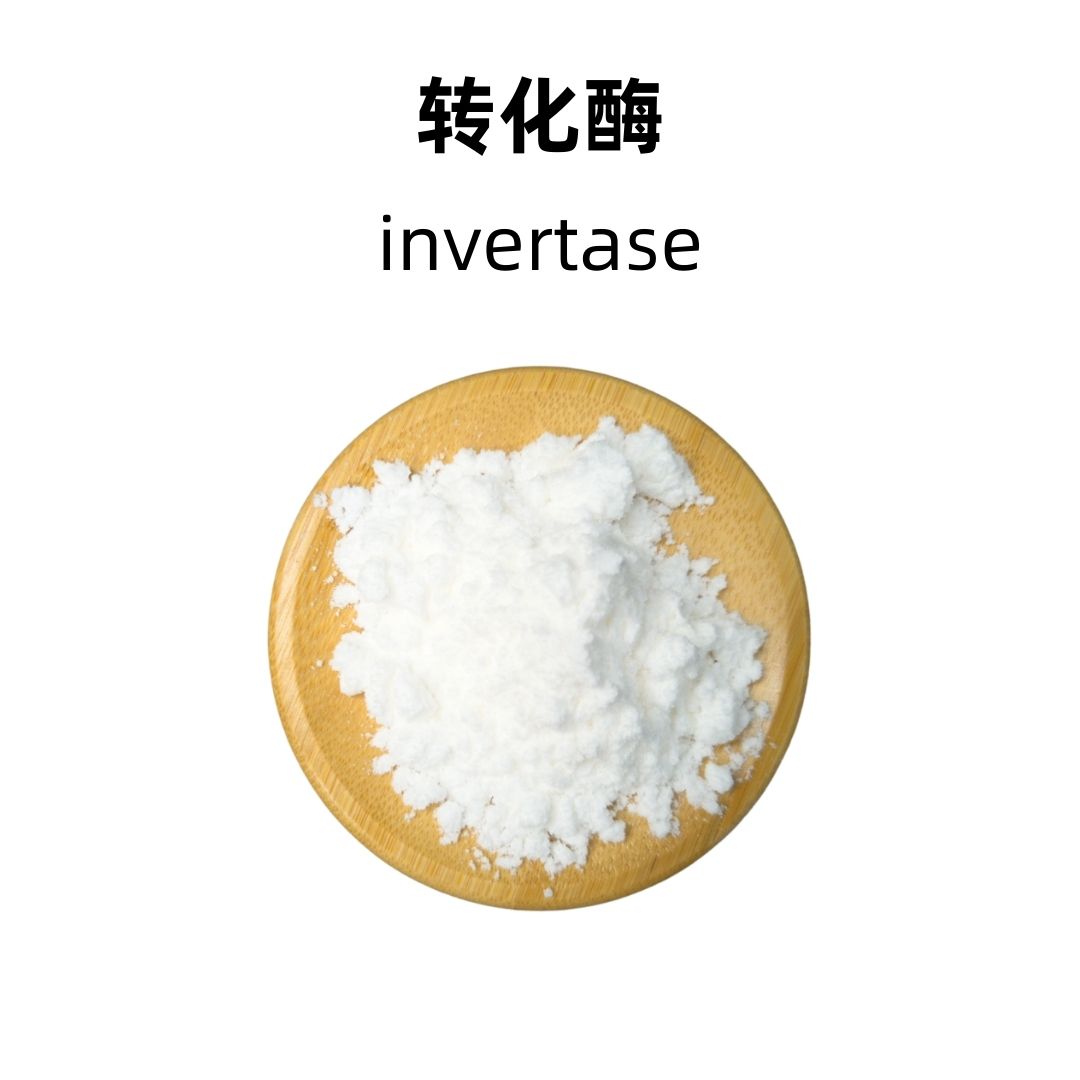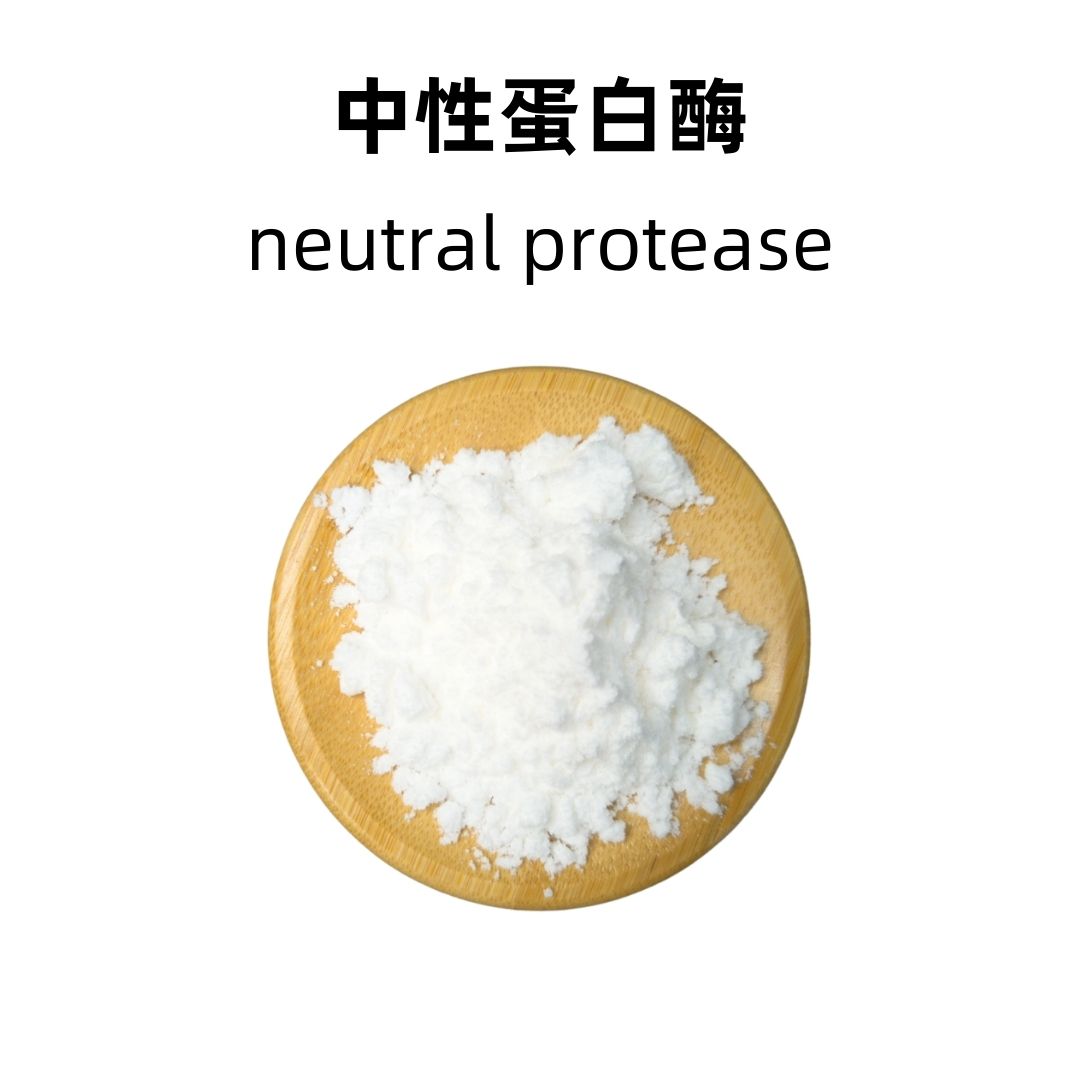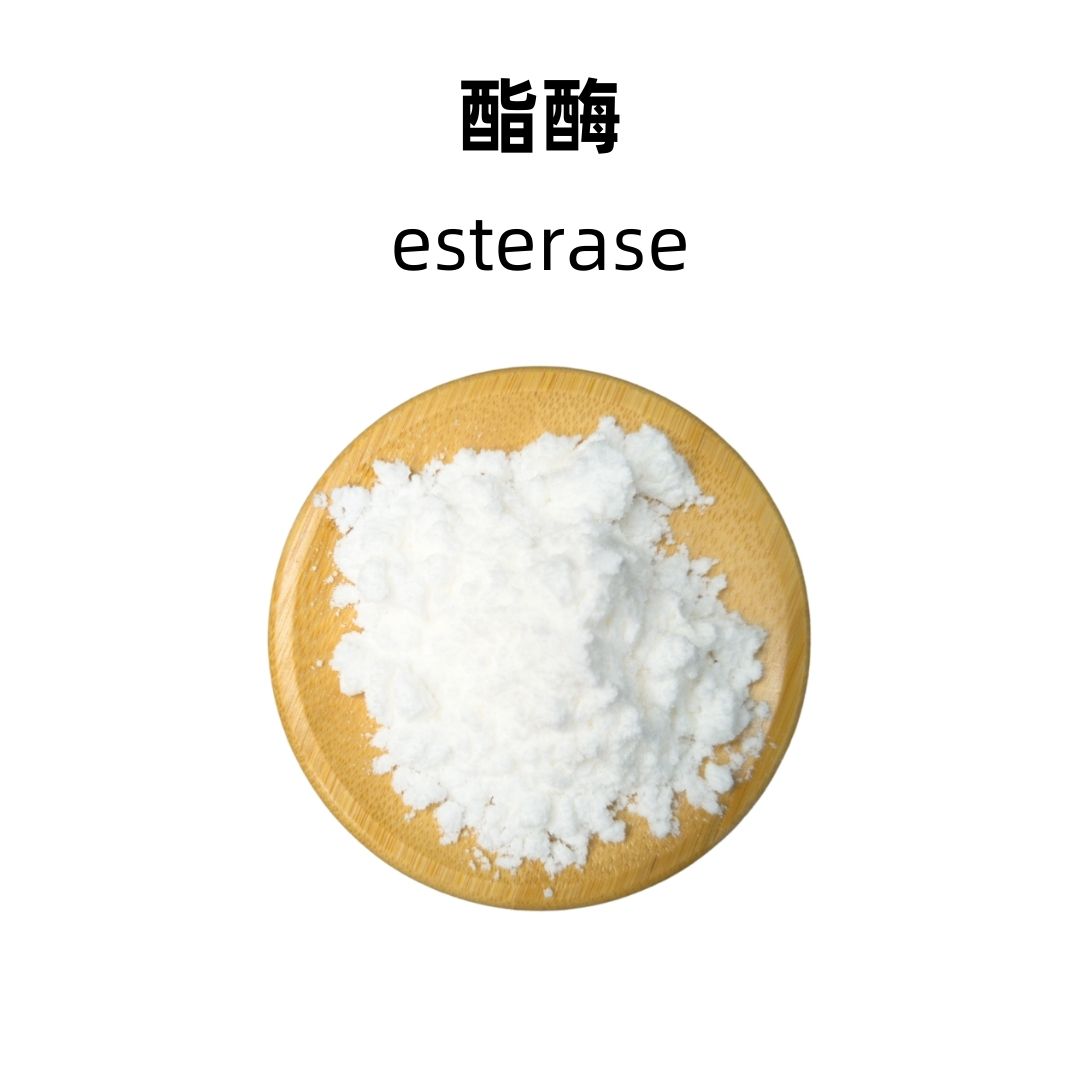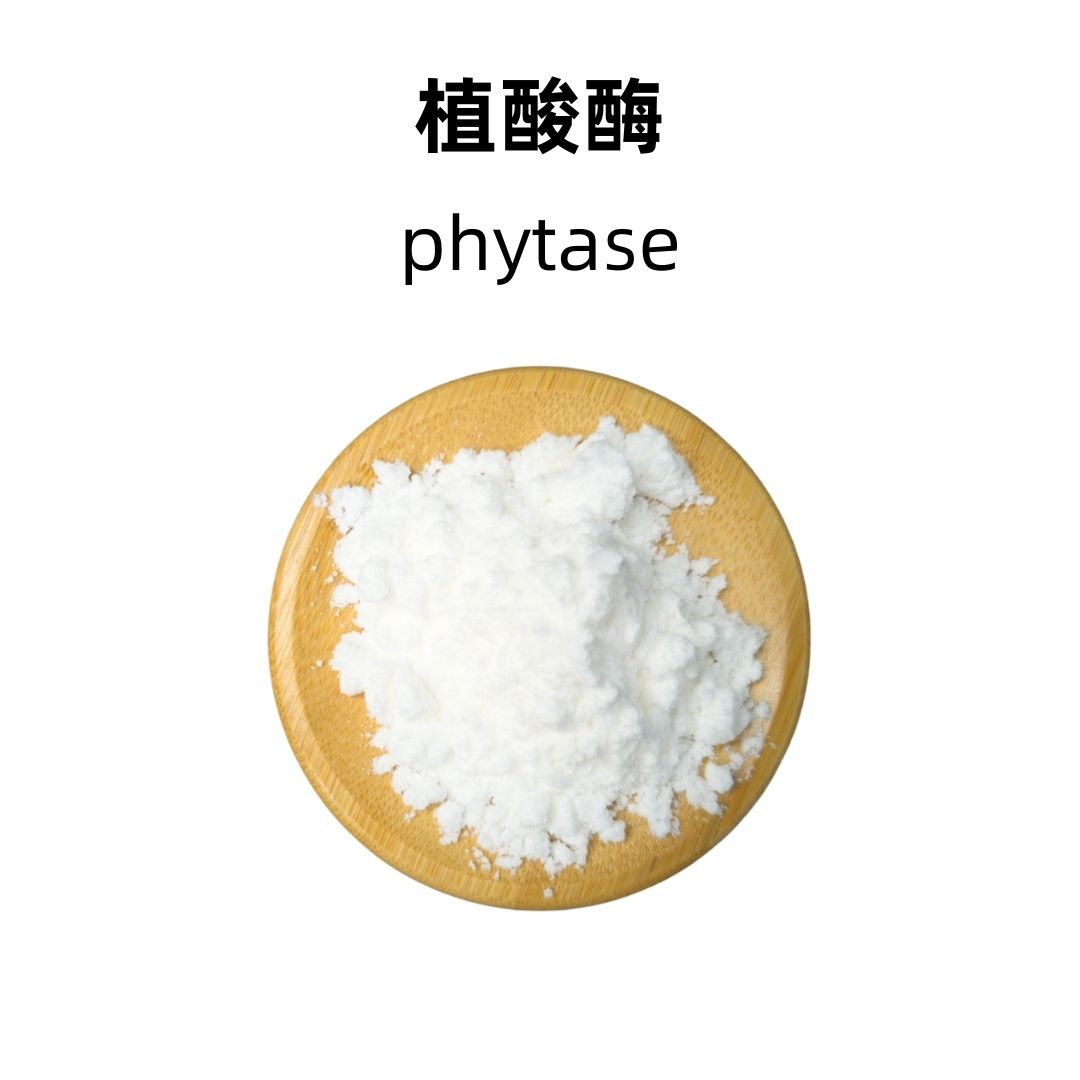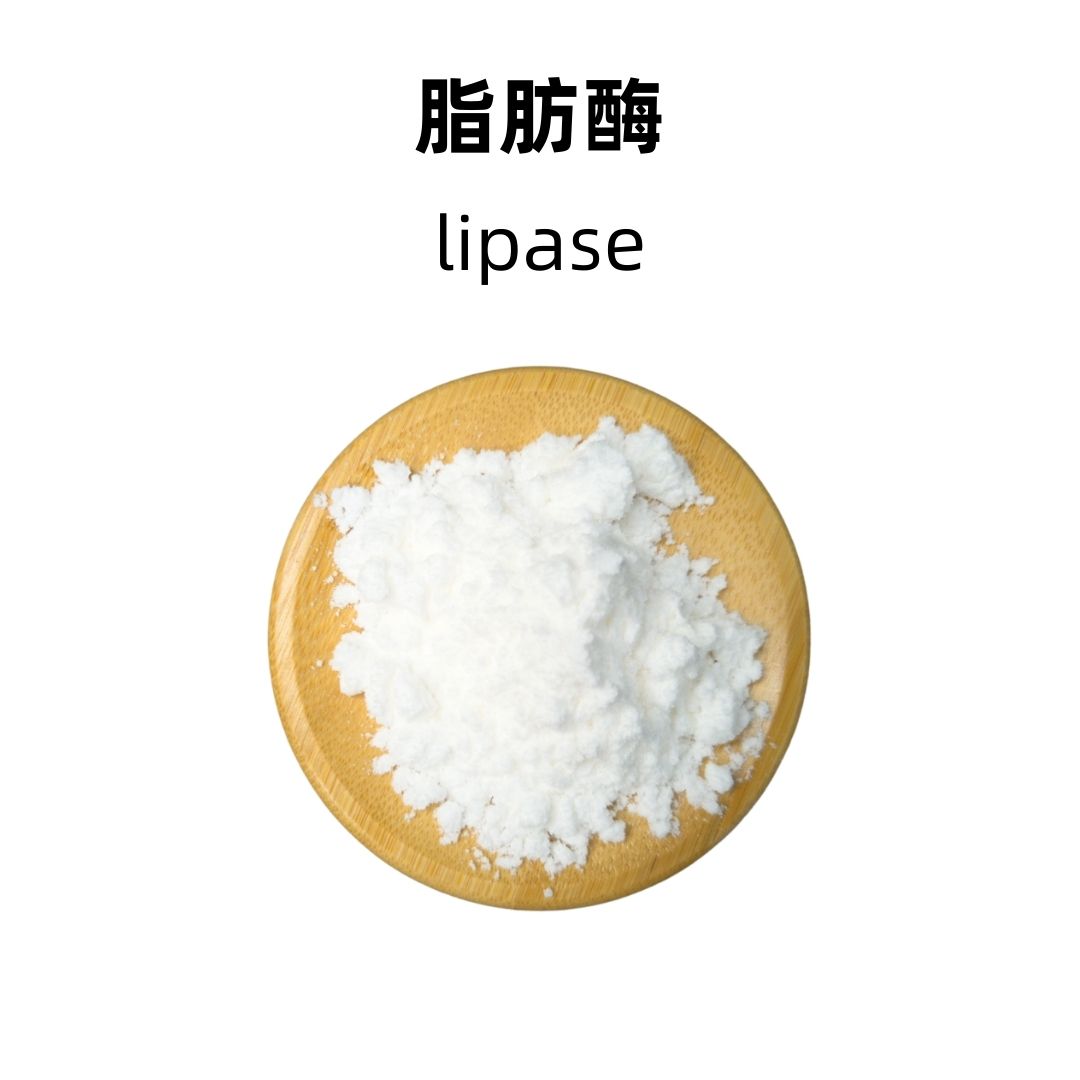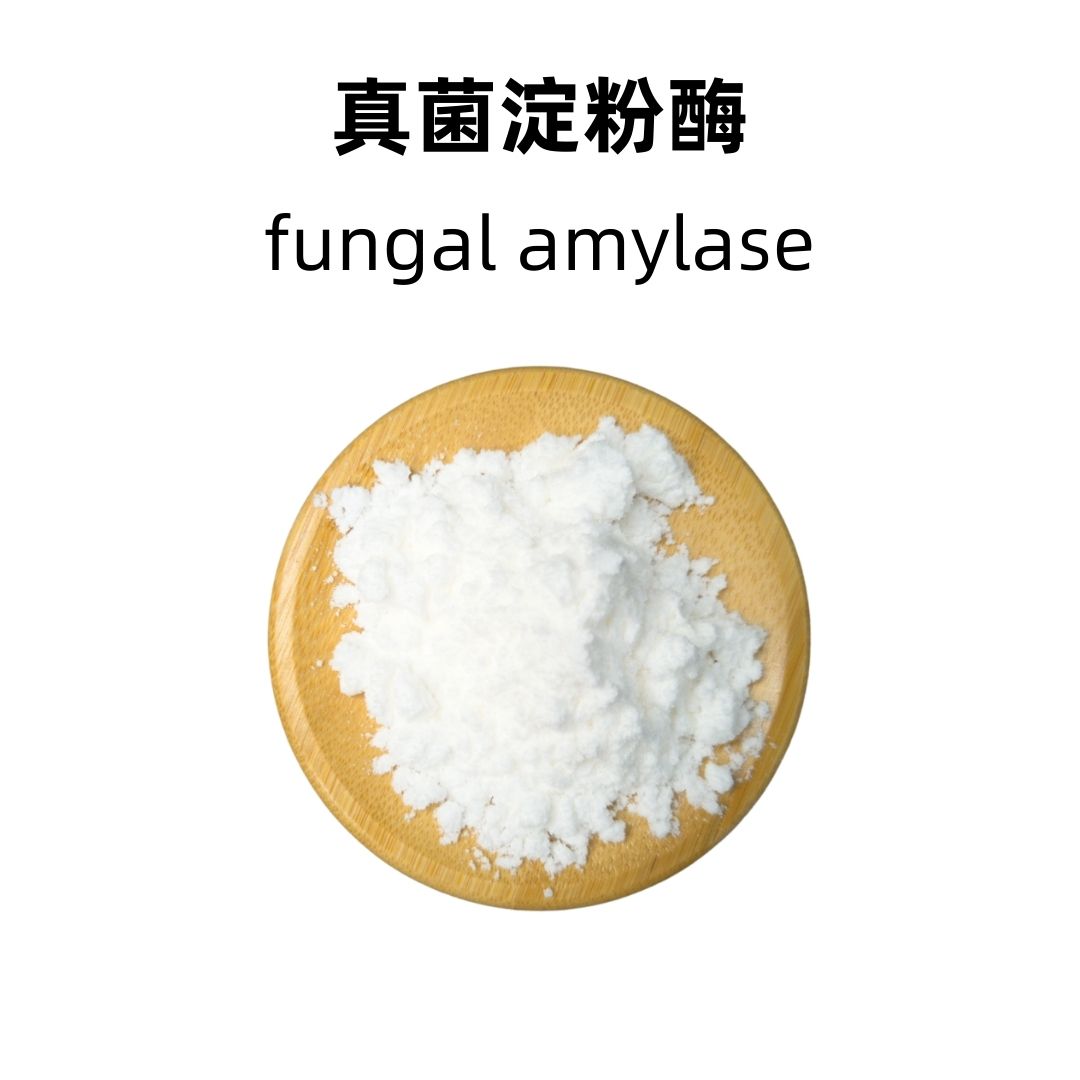Product Introduction
Amylase is a crucial enzyme that breaks down complex carbohydrates, primarily starch, into simpler sugars. It plays a vital role in various biological processes and is widely used in industries such as food, brewing, and pharmaceuticals. This enzyme helps improve the digestibility of foods and is important in the efficient production of sugars from starch.
Production Process
Amylase can be produced through fermentation processes using specific strains of bacteria or fungi. These microorganisms secrete amylase as they metabolize starch or other carbohydrates. The amylase is then extracted, purified, and concentrated, resulting in a high-quality enzyme preparation suitable for various applications.
Effects and Functions
Amylase works primarily by cleaving the glycosidic bonds in starch molecules, facilitating their conversion into simpler sugars like maltose and glucose. This reaction not only aids digestion but also enhances the fermentation process in brewing and improves the texture and quality of baked goods. The enzyme also plays a role in increasing the efficiency of sugar production from starch in industrial applications.
Application Scenarios
In the food industry, amylase is used to improve the texture and sweetness of various products, including bread and soft drinks. It is critical in the brewing industry, where it converts starch from grains into fermentable sugars, thus influencing the alcohol content and flavor profile of the final product. In pharmaceuticals, it is utilized in the formulation of digestive aids and enzyme-based therapies.
Packaging and Storage
Storage Conditions: The product should be sealed, protected from light, kept away from high temperatures, and stored in a dry, cool, and well-ventilated place.
Packaging: Bulk: 25 kg per fiber drum. Sample: 1 kg per aluminum foil bag. Custom packaging is available upon request.
Shipping Methods: FedEx, DHL, dedicated logistics, and sea freight consolidation.
Shelf Life: Two years.
Monica Sun possesses extensive technical expertise and market insights in the food additives industry. She excels in designing efficient and safe additive formulations tailored to various food applications, ranging from sweeteners to functional dietary fibers. Monica has successfully assisted food manufacturers in optimizing ingredient combinations to enhance product quality and improve consumer satisfaction.









